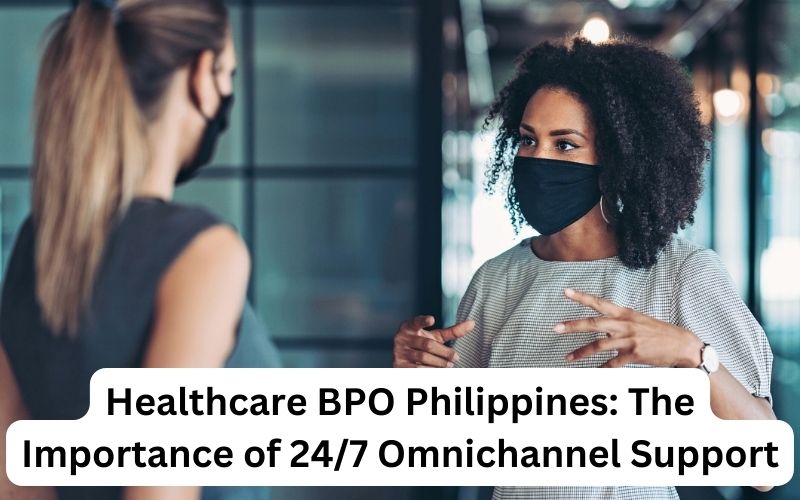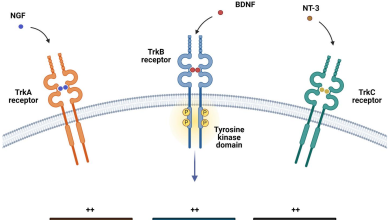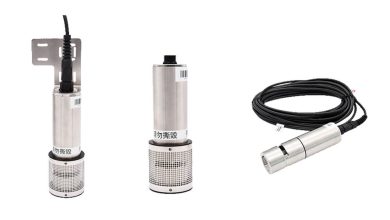Healthcare BPO Philippines: The Importance of 24/7 Omnichannel Support

In the modern healthcare landscape, providing consistent, round-the-clock support has become essential. Patients expect immediate responses and seamless service across various platforms, regardless of the time of day. The Philippines, renowned for its robust business process outsourcing (BPO) sector, is at the forefront of delivering comprehensive 24/7 omnichannel support in healthcare. This capability is transforming patient care, enhancing operational efficiency, and ensuring that healthcare providers can meet the evolving needs of their patients effectively.
Why 24/7 Omnichannel Support Matters
Healthcare is an industry where every second counts. Patients often require immediate assistance, whether it’s a medical emergency, a query about medication, or scheduling an appointment. The ability to provide 24/7 support ensures that patients receive timely care, which can be critical in many situations. “Around-the-clock availability is crucial in healthcare. It ensures that patient needs are addressed promptly, no matter when they arise,” says John Maczynski, CEO of Cynergy BPO, a leading outsourcing advisory firm.
Omnichannel support takes this a step further by integrating multiple communication platforms—such as phone, email, live chat, social media, and mobile apps—into a unified system. This approach allows patients to choose their preferred method of communication, providing flexibility and convenience. It ensures a consistent experience across all channels, reducing the likelihood of communication breakdowns and enhancing patient satisfaction.
Leveraging Technology for Seamless Support
Advanced technologies are instrumental in delivering effective round-the clock support. Healthcare BPO providers leverage tools such as AI-powered chatbots, automated response systems, and sophisticated CRM platforms to manage patient interactions efficiently. AI chatbots can handle routine inquiries, provide medical information, and assist with appointment scheduling, offering immediate responses without the need for human intervention. “AI technology allows us to provide timely and accurate support around the clock, significantly improving patient experience,” notes Maczynski.
Integrating these technologies with human support ensures that complex or sensitive issues are escalated to trained healthcare professionals. This hybrid model maximizes efficiency while maintaining the empathy and expertise required in healthcare interactions. “Our approach combines the best of both worlds—technology for efficiency and human touch for compassionate care,” explains Ralf Ellspermann, CSO of Cynergy BPO.
Enhancing Patient Engagement and Satisfaction
Patient engagement is a key component of effective healthcare delivery. 24/7 omnichannel support enhances patient engagement by providing multiple touchpoints for interaction. Whether through a late-night phone call, an early morning chat, or a quick social media message, patients can reach out at their convenience. This accessibility builds trust and fosters a stronger patient-provider relationship.
“Patients appreciate the ability to contact their healthcare providers whenever they need to. It demonstrates a commitment to their well-being and builds trust,” says Maczynski. By offering continuous support, healthcare providers can address patient concerns promptly, reducing anxiety and improving overall satisfaction.
Operational Efficiency and Cost Savings
Implementing non-stop support also drives operational efficiency and cost savings for healthcare providers. Automated systems and AI-driven tools can handle a significant volume of routine tasks, freeing up human resources for more complex and critical issues. This efficiency reduces wait times, minimizes the risk of errors, and enhances the overall quality of service.
Furthermore, by outsourcing these services to the Philippines, healthcare providers can benefit from the cost advantages of the country’s skilled workforce and favorable economic conditions.
“Outsourcing to the Philippines provides a cost-effective solution without compromising on the quality of care. It allows healthcare providers to focus on their core competencies while ensuring their patients receive the best possible support,” explains Ellspermann.
Improving Care Coordination and Continuity
Effective care coordination is vital for positive patient outcomes. 24/7 omnichannel support ensures that patient information is consistently updated and accessible across all touchpoints, facilitating seamless communication between different healthcare providers. This continuity of care is crucial for managing chronic conditions, ensuring follow-up on treatment plans, and avoiding medical errors.
“With omnichannel support, all patient interactions are documented and integrated into their medical records. This ensures that all healthcare providers have access to the latest information, improving care coordination and continuity,” notes Maczynski. The result is a more cohesive and effective healthcare delivery system that prioritizes patient safety and quality of care.
Adapting to Changing Patient Expectations
Today’s patients are more informed and proactive about their health than ever before. They expect convenience, accessibility, and personalized care. 24/7 omnichannel support meets these expectations by providing a responsive and flexible service model. Patients can access their healthcare providers on their terms, whether through a quick chat message or a detailed phone call.
“Patient expectations are evolving, and healthcare providers must adapt to meet these demands. Omnichannel support offers the flexibility and responsiveness that modern patients expect,” says Ellspermann. This adaptability not only enhances patient satisfaction but also positions healthcare providers as leaders in patient-centric care.








